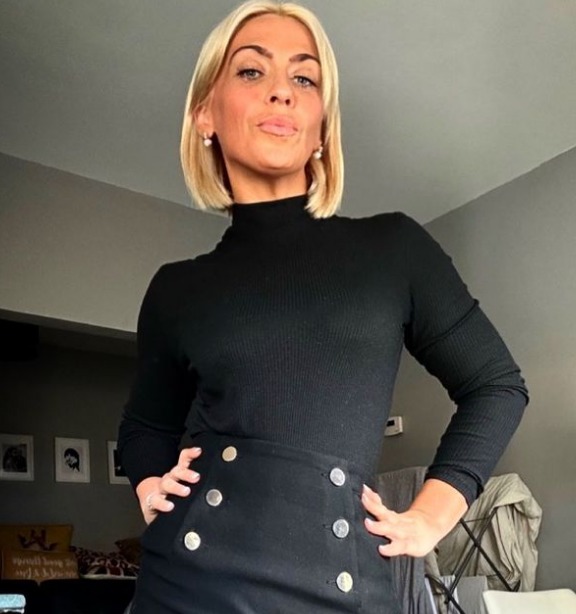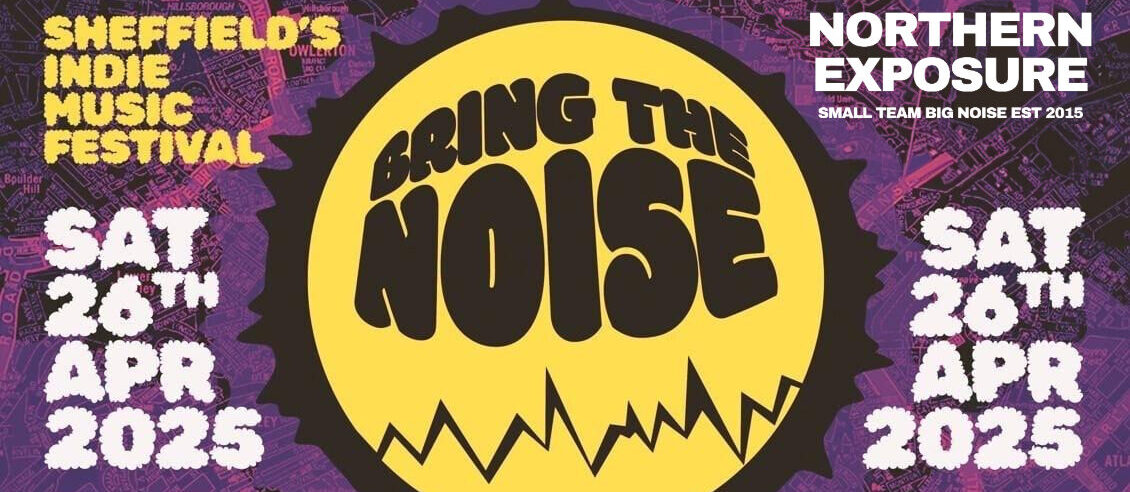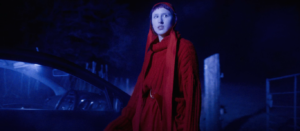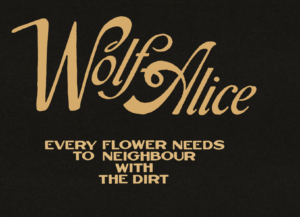THE GOOD, THE BAND AND THE UGLY – DIGGING INTO THE MURKY WORLD OF SPOTIFY STREAMING
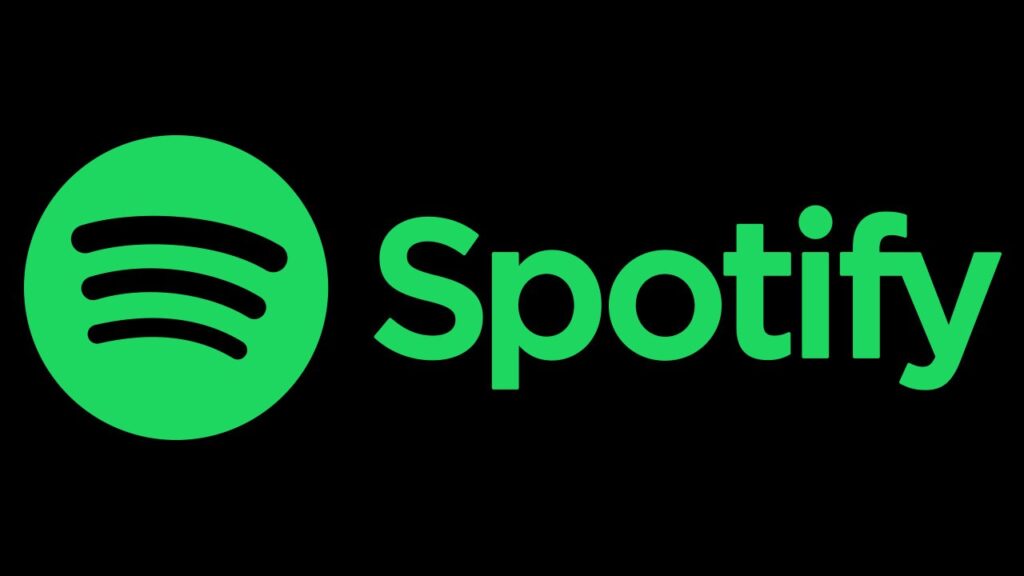
Streaming has been a game-changer since it appeared in the music industry, it has revolutionised the way that people worldwide consume music. Unlike the traditional record labels who would diversify into other money making avenues like movies, Disney and rice cookers (Sony). Spotify, as I am writing is only a streaming service with major labels at its core as its share holders. Due to a previous lack of information on individual insider shareholders, the top six shareholders are all listed as institutional investors. Spotify is headquartered in Sweden and legally domiciled in Luxembourg. As a result, it is not required to disclose the same information as firms regarding the share ownership of corporate insiders. However, it has come to light in recent years that major record labels do own shares as well as several of the most popular third-party playlist brands on Spotify which makes me wonder if anyone who isn’t on a major label should even entertain it.
Spotify’s “editorial” content is primarily influenced by its relationships with these major labels. Even if the labels don’t control the content directly, their marketing agreements with Spotify indirectly shape the platform’s content. These contracts the labels have frequently contain ownership rights and financial guarantees, which have an impact on the music that is suggested to users. All of this suggests that Spotify is not be a fair and unbiased platform for music at all. This is yet again highlights just how important blogs, independent radio, magazines and fanzines are for upcoming and new artists. The pandemic caused live events to be cancelled, hastening print magazines’ slow demise. With Spotify’s all-knowing algorithm creating daily playlists and content that favours major labels, why not look for the latest releases in online magazines run by actual humans?
Independent artists often blindly then promote Spotify, as seen with Spotify’s ‘Wrapped’. This year the platform has yet again encouraged its users and artists to boast about how much they used the platform in 2023. The results have evolved into a social media phenomenon over time, with users sharing their results with their online followers. What Spotify Wrapped won’t tell either artists or users in Spotify Wrapped is how much money was paid for all that streaming time.
Spotify has come under fire for reportedly underpaying artists, and this has given rise to claims of financial gain exploitation. Since the massive streaming service appears to pay just £0.0031 per stream, a musician would need to receive 366,000 streams in order earn the UK minimum wage. Considering the length of time and work that goes into creating and promoting music, this is an astounding figure. Many musicians and artists argue that their skills and dedication are being overlooked by the low payment rate. They feel that those who contribute to the music industry should be recognised fairly. For this reason, some people have gone so far as to boycott Spotify and other streaming platforms.
You are in murky waters when it comes to how Spotify does business and how it makes money. Several prominent musicians have expressed their dissatisfaction with Spotify’s business practices. This year Taylor Swift was announced as the Spotify ‘Artist of the Year’.

The 12-time Grammy winner ruled with a massive 26.1 billion streams, yet she removed all of her music from Spotify back in 2014 saying…
“Music is art, and art is important and rare. Important, rare things are valuable. Valuable things should be paid for. It’s my opinion that music should not be free. My prediction is that individual artists and their labels will someday decide what an album’s price point is. I hope they don’t underestimate themselves or undervalue their art.”
Taylor Swift
The return of Swift to Spotify in 2017 was framed as a thank-you to her fans for Swift’s 1989 album selling over 10 million copies. Afterwards, Spotify co-founder and CEO Daniel Ek revealed that he had talked with Swift’s team after Swift pulled her catalogue from Spotify and that “she realised how streaming was growing” and that “the fans were asking for it.” The singer explained…
“There was one condition that meant more to me than any other deal point. As part of my new contract with Universal Music Group, I asked that any sale of their Spotify shares result in a distribution of money to their artist, non-recoupable.”
Taylor Swift
These days, artists—especially those who are at the height of their careers—often refrain from making public statements about particular issues due to fear of the consequences. This tendency, though annoying, might stem from people’s fear of losing their jobs or other sources of income. Since artists are both change agents and expressive mediums, they are vital to society. As their right to free speech is on the verge of being taken away, they are finding it harder to be advocates for worthy causes, raise awareness of important subjects, and question the status quo.
In the highly interconnected society we live in today, one tweet or Instagram post can have profound consequences. Promoters of artists are aware that, particularly if they have a sizable fan base, their statements may be interpreted incorrectly. Many decide to say nothing at all, prioritising their financial security over the possibility of being cancelled. The current environment for artists reminds me of George Orwell’s dystopian novel 1984. In the 1984 world, the government has complete control over the opinions and expressions of its people. Artists are discouraged from expressing their opinions, and those who do so risk financial penalties or silence. Patrick Carney, the drummer for the Black Keys, admirably is one of the rare artists been very outspoken about his negative thoughts on Spotify.
“My whole thing about music is, if somebody’s making money then the artist should be getting a fair cut of it. The owner of Spotify is worth something like $3 billion… he’s richer than Paul McCartney and he’s 30 and he’s never written a song.”
Patrick Carney
Other artists have also claimed that Spotify treats them differently than other artists, offering them special deals that no one else receives. It’s currently unclear exactly how these deals work, but what is clear is that an independent artist receives considerably less per stream than a major-label act.
And now, to make matters far worse, starting in 2024 Spotify will stop paying anything at all for roughly two-thirds of tracks on the platform. That is any track receiving fewer than 1,000 streams over the period of a year. This decision has been criticised by independent musicians and record labels, who say that this will make it even more difficult for them to make a living. This is happening despite the platform’s recent quarterly profits of £56 million.
Spotify acquires most of it’s music from record companies, who often do not share the profits with the artists. The contracts between Spotify and these record companies prohibit disclosure of the actual amounts received by each party. So, can we really just blame Spotify? The major labels must bear the majority of the blame once because they are Spotify’s shareholders and the only means by which they could obtain access to their catalogues. Let’s be honest: big labels don’t give artists the money they deserve for the work they create, which is why musicians receive relatively little income from streaming services like Spotify. In addition, musicians who choose not to collaborate with major labels often find that they are shut out of radio and television, which means that, for the most part, very few people are exposed to their music.
In the music industry, the same party has always taken the largest share of the profits, the major labels. Which makes me think they have been behind Spotify all along with people fronting it. I would hazard a guess that the labels are taking 50-70% of the streaming incomes of artists, way more than what they should be getting. It is important to note that this is just a speculation based on my observations.
Despite the digital revolution that has transformed music creation and distribution, the old guard still holds significant power and maintains its dominance. The industry’s work no longer justifies its high profit margins. To keep up with evolving technology, they need to create a fair and inclusive environment for all artists, regardless of their background or level of success.
